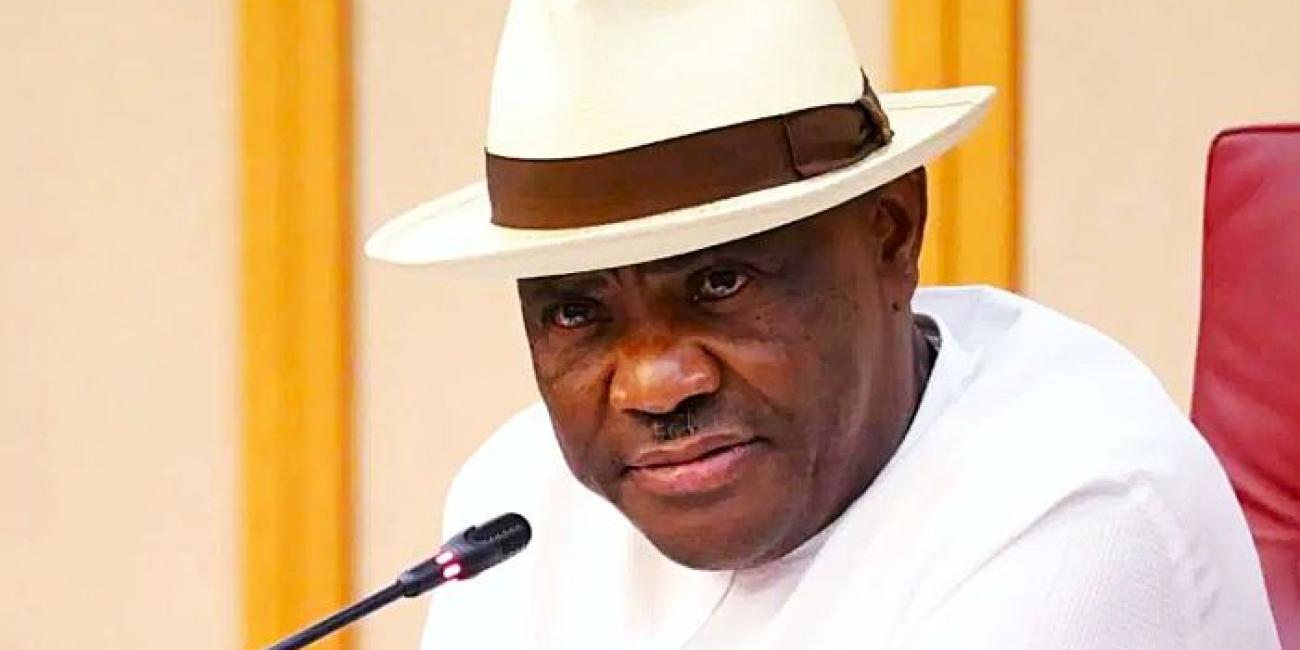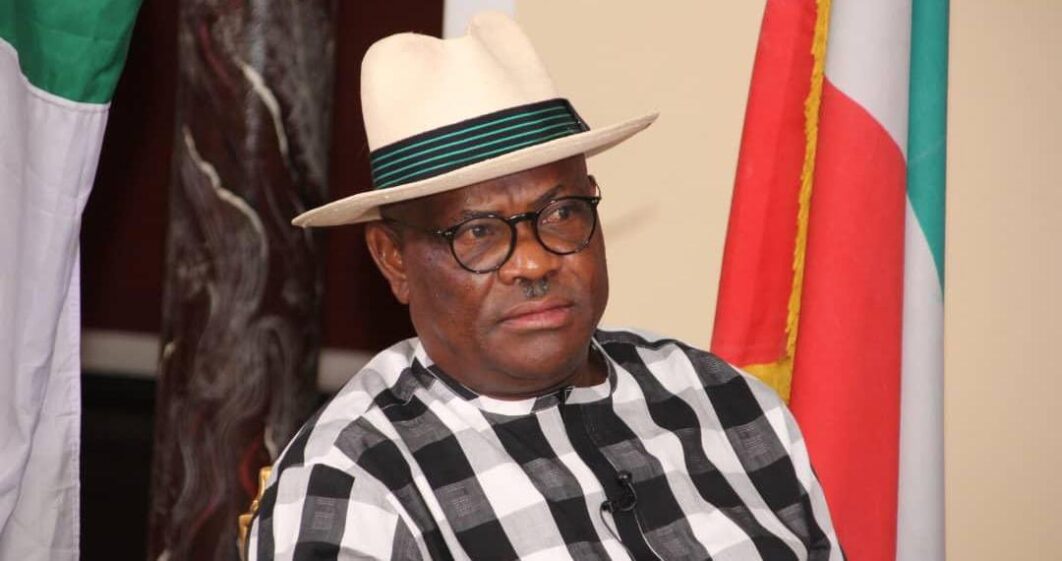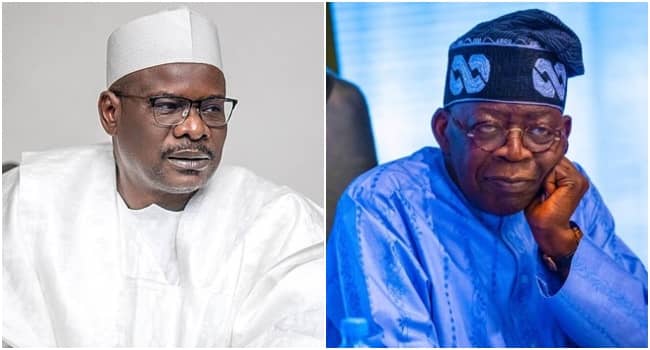The political landscape of Rivers State is once again stirred, as Chijioke Ihunwo, the Chairman of Obio-Akpor Local Government Area, makes headlines with his latest decision to appoint 130 Special Assistants (SAs). This marks the second time in just six months that Ihunwo has appointed over 100 individuals to these roles, a move that has ignited intense debate among Nigerians.
While some view the mass appointments as a necessary expansion of governance, others see them as an alarming example of inefficiency and waste. On the popular Nigeria Info FM radio show, Hard Facts listeners shared their concerns, voicing strong opinions on the matter.

One caller expressed frustration, stating, “They add no value to governance.” This sentiment echoed the growing unease among critics, who argue that such appointments do little to benefit the people of Obio-Akpor and only serve as a political tool to reward loyalists. In a local government where resources are often stretched thin, the concern is that these appointments could divert attention away from crucial development projects and essential services.
Another caller took a more scathing approach, claiming that the practice of appointing numerous Special Assistants is merely a continuation of a precedent set by previous administrations. For many, this calls into question whether such positions are genuinely necessary or simply a form of political patronage—a practice many deem as a corrupt use of public funds. This viewpoint resonates with those who believe the habit of “buying loyalty” through appointments undermines effective governance and public trust.
Critics argue that while the intent behind such appointments might be to create more jobs and maintain political alliances, it often ends up costing taxpayers significantly. It raises the question of how these roles contribute to the actual needs of the community. Are these positions filled with individuals whose expertise will truly make a difference? Or are they simply a means of rewarding political supporters with a title and a salary at the expense of local resources?
This issue is not unique to Obio-Akpor. Across the nation, the practice of creating non-essential political appointments has become a contentious issue, with many pointing to it as a symbol of poor governance. The debate underscores a larger conversation about how public funds should be allocated and whether such appointments genuinely benefit the citizens they are meant to serve.
As the controversy continues to unfold, Nigerians are left grappling with a difficult question: Does the appointment of over 100 Special Assistants serve the public interest, or is it merely another political strategy to maintain power at the expense of transparency and efficiency?
The reaction from the public has been swift and divided, but one thing is clear: this latest move by the Obio-Akpor Local Government Chairman is just the latest chapter in an ongoing debate about the role of political appointments in Nigeria’s governance structure. The next steps will determine whether this growing trend will continue to evolve or whether it will be curbed in favor of more meaningful, value-driven leadership.





